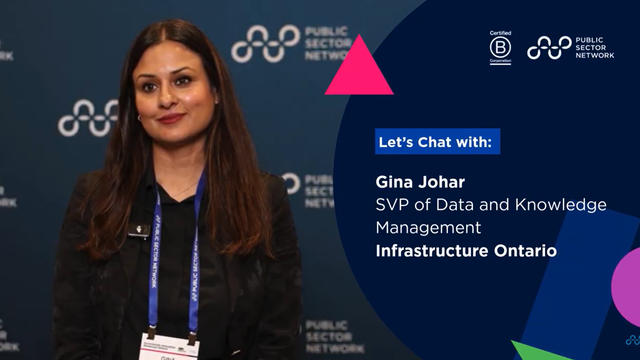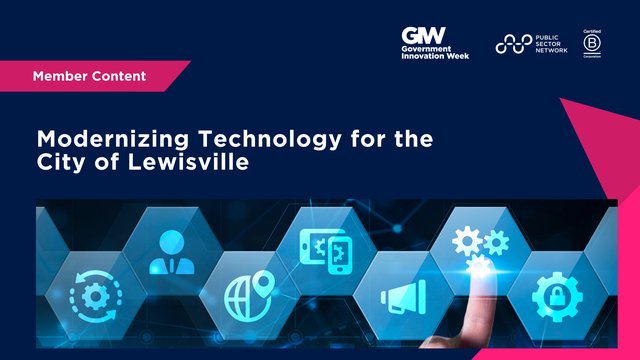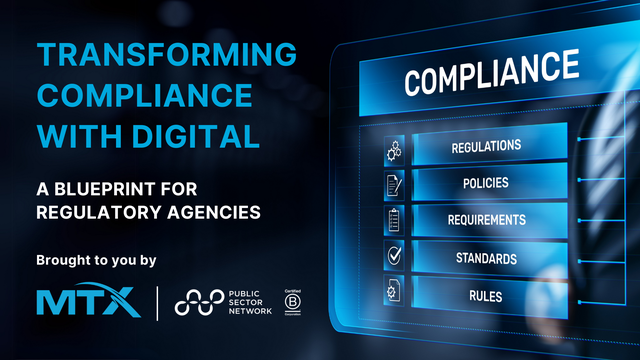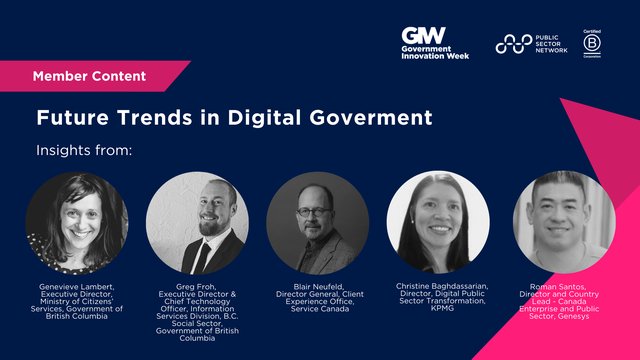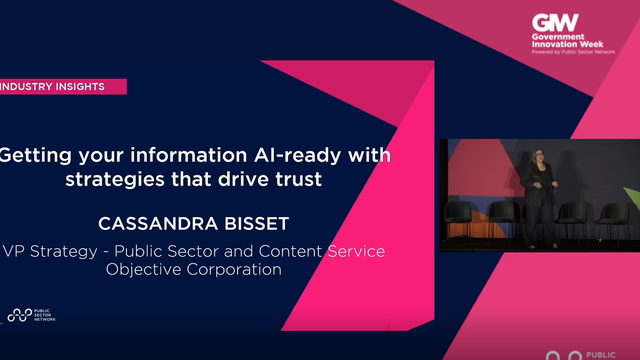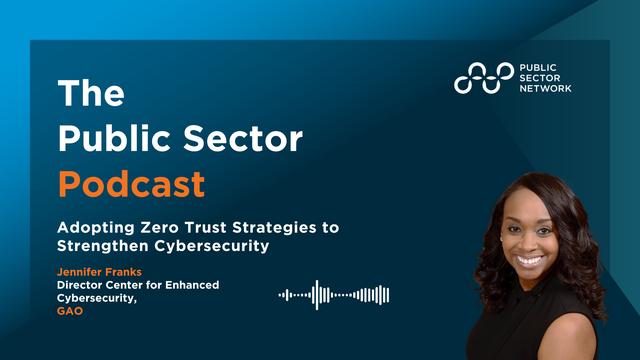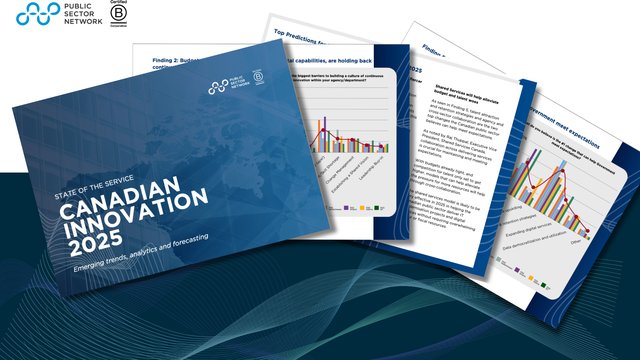

[By John Mackenney, Practice Director Digital Strategy APAC, Adobe]
As Australian agencies and departments continue developing new online services and capabilities, many citizens find access and navigation challenging.
Half of all Australians will visit multiple sites before finding what they need, often encountering inconsistent information. These poorly rated digital experiences also disproportionately impact certain parts of the population.
This is a crucial finding from Adobe’s newly released Global Digital Performance and Inclusion Index (GDPII) whitepaper, examining the experience, performance, and equity of digital public services. The Index is based on Adobe’s world-first measurement framework, evaluating government sites at a state, national and international level.
Encouragingly, Australia's overall Index score places it among the top global leaders but still at an emerging level of maturity. However, a closer inspection reveals where the nation is performing well and falling short.
For example, the Index reveals a digital divide when it comes to certain groups. Those living in regional and remote areas may have trouble accessing the internet, while people who do not speak English at home might require translation services when visiting public sites. The readability of online information can be an issue for the 44% of Australians with lower reading proficiency.
“Recognising that the 17% of digitally excluded Australians comprise a range of different communities and individuals, all with distinct needs. Addressing it requires a flexible, adaptable approach to public service delivery,” said David Spriggs, Chair of the Australian Digital Inclusion Alliance (ADIA).
Offering the digital features and support these Australians require is not only vital to the equitable delivery of digital public services but is a reminder of the intended benefits. That includes saving citizens time, cost savings via early intervention and better compliance with rules and regulations.
The mixed impact of the race for digital leadership
As part of Adobe’s whitepaper research, specific user testing was conducted with Australians either living in regional areas, who do not speak English at home, people with a disability, who have limited access to high-speed internet or are over 65. This was completed in partnership with the ADIA.
The findings reveal significant unmet digital needs, each different depending on the group. On average, half aren’t satisfied with the user interface and encounter difficulties finding information.
Three in four say content isn’t personalised to their unique needs and preferences. In fact, this group of Australians rates the experience of using government websites 15% to 20% lower than the broader population.
Our collective experiences amid the pandemic provide a powerful reminder of the importance of digital inclusion as government continues its digital journey,” said The Hon. Victor Dominello, NSW Minister for Customer Service and Digital Government.
“Inclusive and secure digital government services are non-negotiable, where convenience and accessibility should be available to all customers. Improving this experience lies at the heart of programs such as OneCX and NSW Digital ID, with plenty more still to be done.”
Uplifting digital capabilities
The report shows the digital capability of government impacts every Australian, and millions of citizens will be left behind without enhancing the digital citizen experience, site performance, and equity.
The summary of findings from Adobe's Global Digital Performance and Inclusion Index represents just some of the insights contained in the report. It outlines the options to improve agencies’ index ranking to support better public service outcomes for everyone’s benefit.
Read the whitepaper here


